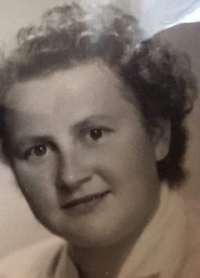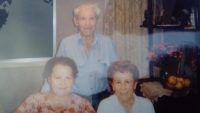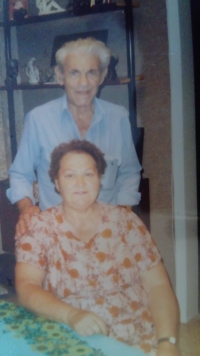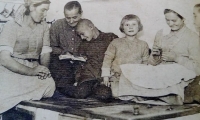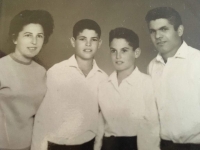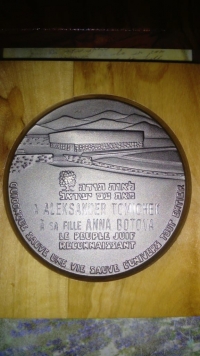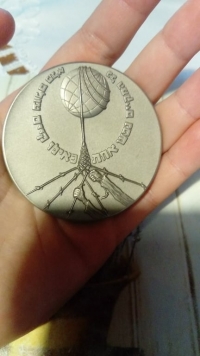If they had found Grisha, the family would have faced a certain death

Stáhnout obrázek
Anna Butová was born on 13 August 1928 into the Tomíček family in the village of Kněhynky in Volhynia (sometimes referred to as Kněhyninky) in Volhynia in what was then Poland. Her parents farmed over 80 acres of land and also employed a number of domestic workers and maids. Anna first went to a Polish school in Kněhynka and later attended a Czech school in Lutsk located seven kilometres away. The area was governed by the Soviets during the war years, since 1941 by the Germans, and since 1944 Volhynia definitely joined the Soviet Union. Anna‘s father Alexander Tomíček lost his son while working in the forest, and maybe that is why he decided to save a Jewish boy named Griša. This refugee from Poland got into the lucky ghetto because of his background, and shortly after the Czech farmers hid him in a barn, all interned Jews were executed. Griša‘s family hid for three years and for some time they were also hiding a Russian prisoner from the Germans. After the war, Father sent Grisha to Palestine and never saw him again. The communists called the family gulags, so the witness‘s parents decided to return to Czechoslovakia. However, Anna married Soviet soldier Fyodor Buta and did not return to Czechoslovakia until the 1960s. She worked in the textile company Tiba in Dvůr Králové nad Labem. She raised two daughters and a son in Dvůr. In 1995, she received a newspaper ad in which a certain Cvi Goldgammer sought his rescuers from the war. The witness called him, and Zvi soon invited her to visit Israel. She set out with her granddaughter and spent ten days with Cvi. In 1997, together with her father (in memoriam), she was included among the Righteous Among the Nations, people who were involved in saving the Jews during World War II. Anna Butová died at the end of August 2020 in Diakonia care centre in Dvůr Králové nad Labem.
